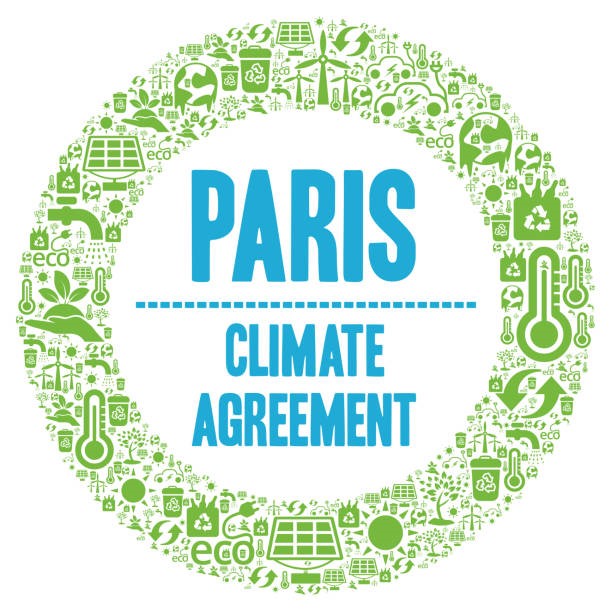
USA's Paris Agreement Withdrawal: Packaging Industry Implications
The United States' withdrawal from the Paris Agreement, a landmark international treaty aimed at combating climate change, has significant implications for various industries, including packaging. The packaging sector, which is deeply intertwined with environmental sustainability efforts, faces both challenges and opportunities in the wake of this decision.
Reduced Regulatory Pressure
With the U.S. stepping back from the Paris Agreement, there may be less federal pressure to meet stringent sustainability goals. This could lead to a slowdown in the adoption of eco-friendly materials and practices within the packaging industry. Companies may feel less urgency to transition to biodegradable, recyclable, or reusable packaging solutions if national policies do not prioritize these initiatives.
State-Level Leadership
However, many U.S. states and municipalities have reaffirmed their commitment to the principles of the Paris Agreement. States like California and New York continue to enforce strict environmental regulations and promote sustainable practices. For packaging companies operating in these regions, adhering to green standards remains crucial, highlighting the importance of localized compliance strategies.
Market Dynamics
Consumer preferences increasingly favor sustainable packaging. Even without federal mandates, businesses risk losing market share if they ignore this trend. Large corporations, particularly those with global operations, are maintaining or enhancing their sustainability commitments to align with international expectations and consumer demand.
Innovation and Investment
The withdrawal could impact funding for green innovations. Federal support for research into sustainable packaging materials might dwindle, potentially slowing technological advancements. Conversely, private sector investments and collaborations may fill this gap, driven by long-term market opportunities and corporate social responsibility goals.
Global Supply Chain Impacts
Packaging companies that export to countries adhering to the Paris Agreement may need to comply with stricter international standards. This creates a dual dynamic: while domestic pressures might ease, global market requirements could become more demanding, necessitating compliance with eco-friendly regulations to remain competitive.
The Path Forward
While the U.S. withdrawal from the Paris Agreement may temporarily alter the regulatory landscape, the packaging industry's trajectory toward sustainability is unlikely to reverse. Consumer demand, state-level actions, and global market forces ensure that environmental considerations remain a critical focus.
Packaging companies should continue to invest in sustainable solutions, monitor evolving regulations, and engage in proactive communication with stakeholders. By doing so, they can navigate the challenges posed by this policy shift while positioning themselves as leaders in the transition to a greener future.







